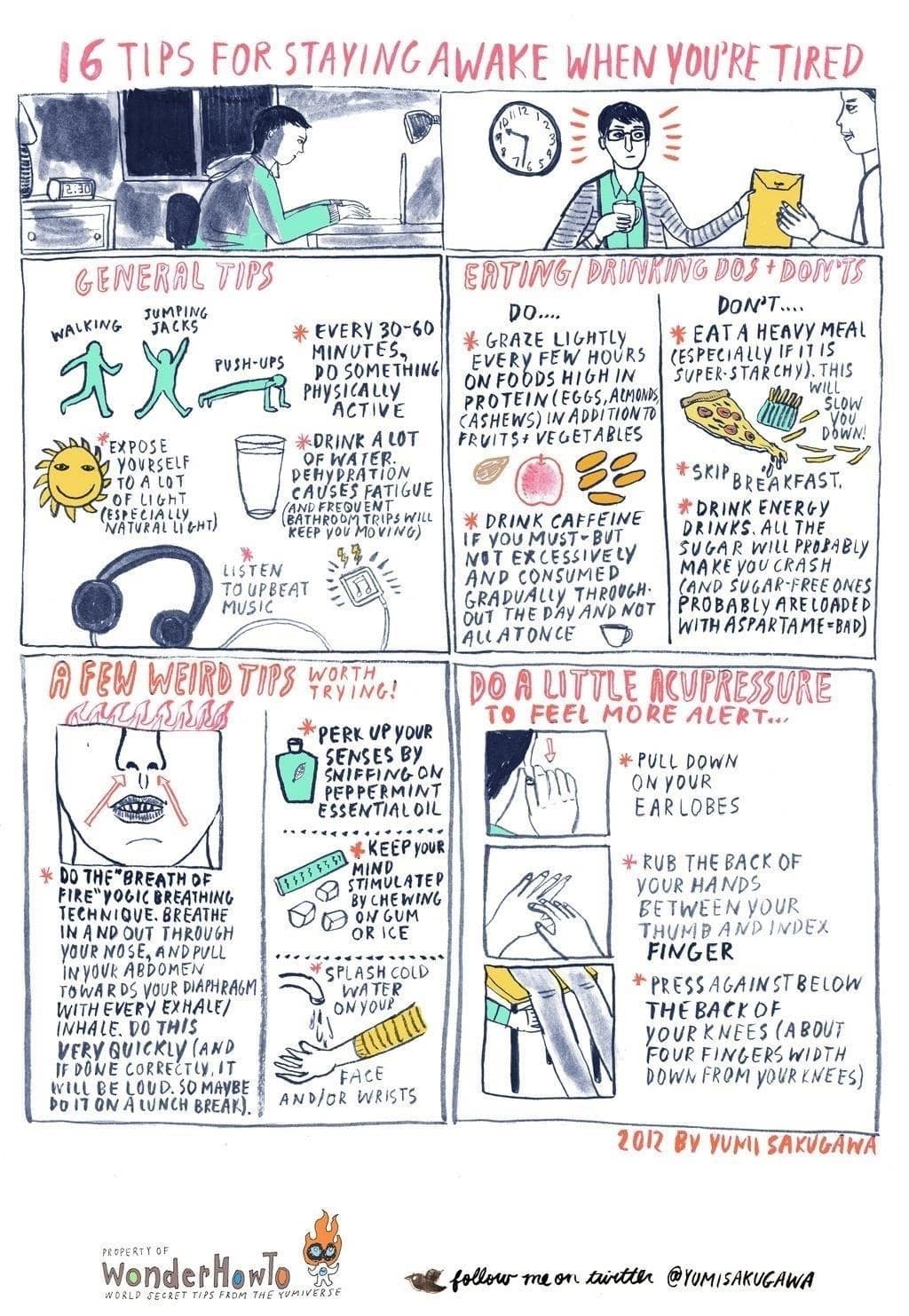

Before the start of a long family car trip, get a good night’s sleep, or you could put your entire family and others at risk.Experts urge consumers to make it a priority to get seven to eight hours of sleep per night. For more information on healthy sleep, see In Brief: Your Guide to Healthy Sleep (PDF, 1.81 MB) at the National Heart, Lung, and Blood Institute website. Getting adequate sleep on a daily basis is the only true way to protect yourself against the risks of driving when you’re drowsy.The terms drowsy, sleepy, and fatigue are used interchangeably although there are differences in the way these terms are used and understood. Effectively dealing with the drowsy-driving problem requires fundamental changes to societal norms and especially attitudes about drowsy driving. In a 24/7 society, with an emphasis on work, longer commutes, and exponential advancement of technology, many people do not get the sleep they need. Tackling these issues can be difficult when our lifestyle does not align with avoiding drowsy driving. These include impaired cognition and performance, motor vehicle crashes, workplace accidents, and health consequences. Whether fatigue is caused by sleep restriction due to a new baby waking every couple of hours, a late or long shift at work, hanging out late with friends, or a long and monotonous drive for the holidays – the negative outcomes can be the same. Attitudes About Drowsy Driving Need to Changeįatigue has costly effects on the safety, health, and quality of life of the American public.


 0 kommentar(er)
0 kommentar(er)
